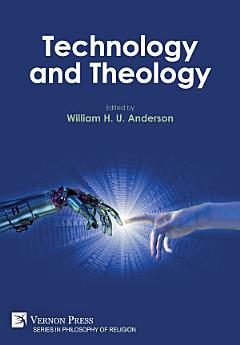Technology and Theology
About this ebook
The Modernist vision of the future was utopic, for instance Star Trek of the 1960s. But postmodern views, such as are found in Blade Runner 2049, are dystopic. Theology is in a unique interdisciplinary position to deal with the many issues, pro and con, that technology raises. Even theologians like Origen in the third century and Aquinas in the thirteenth century made forays into Artificial Intelligence and surrounding issues (they just didn’t know it at the time). Artificial Intelligence (AI) and Transhumanism raise questions about what it means to be human. What is consciousness? What is soul? What are life and death? Can technology really save us and give us eternal life?
Theology is in a unique position to handle these questions and issues. This book also has practical applications in terms of ecclesiology (church) in the context of the COVID-19 pandemic—both in terms of what it means to be a church and in terms of the sacraments or ordinances. Is there such a thing as a “Virtual Church” or must we gather physically to constitute one? Are Baptism and Communion legitimate if one is not physically in a church building but are “online”? This book struggles with these and many other questions which will help the scholar or reader make up their own minds, however tentatively.
About the author
William H. U. Anderson did his Ph.D. in Biblical Studies and Theology in Postmodern Literary Critical Circles at the University of Glasgow (Scotland). Dr. Anderson is Professor of Pop Culture and Religious Studies at Concordia University of Edmonton in Alberta (Canada) and has worked interdisciplinarily throughout his academic career. He was the Director of the Canadian Centre for Scholarship and the Christian Faith from 2011-2020 and hosted an annual conference on a different topic or theme every year. His next books with Vernon Press are Film, Philosophy and Religion expected to be out in 2021 and Anime, Philosophy and Religion in 2022.






